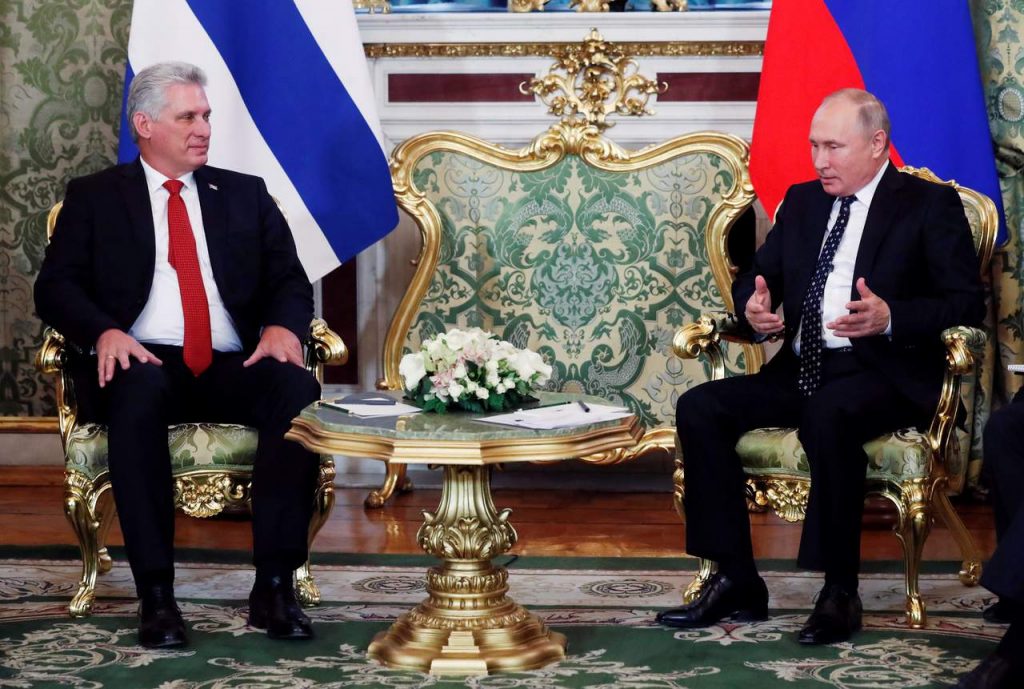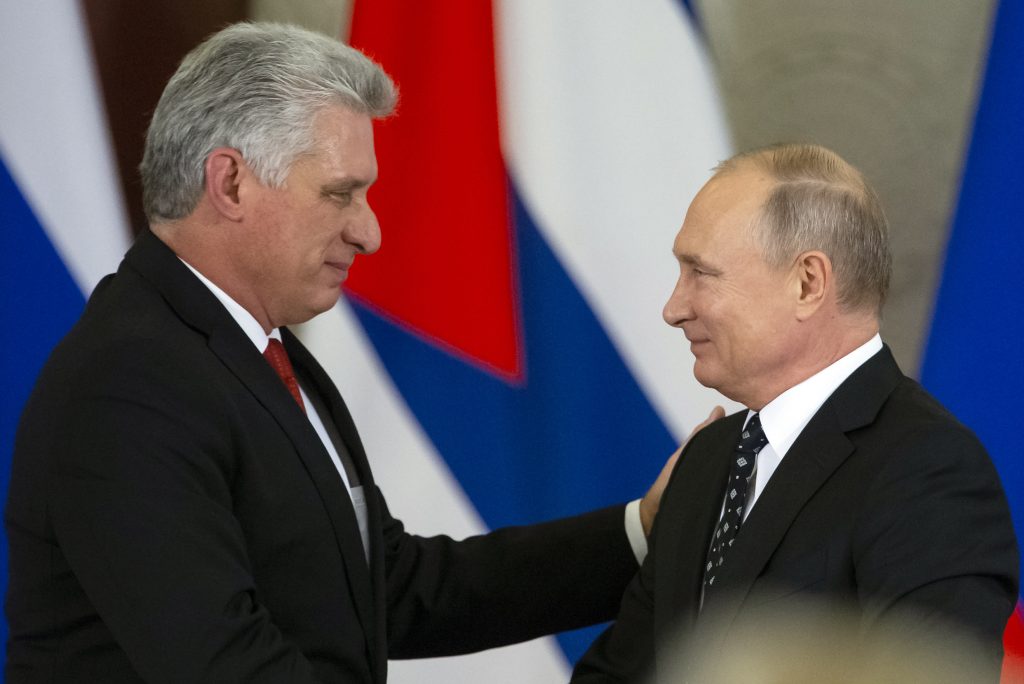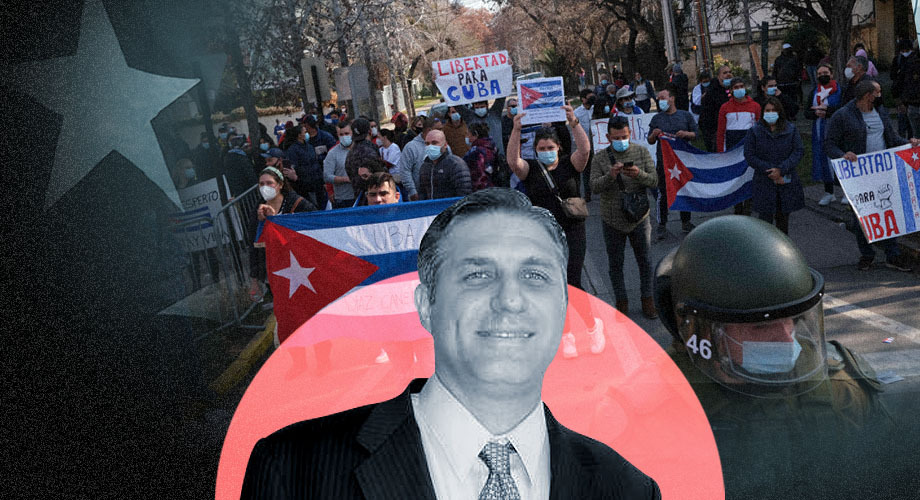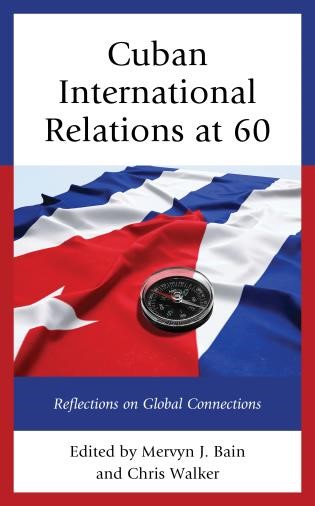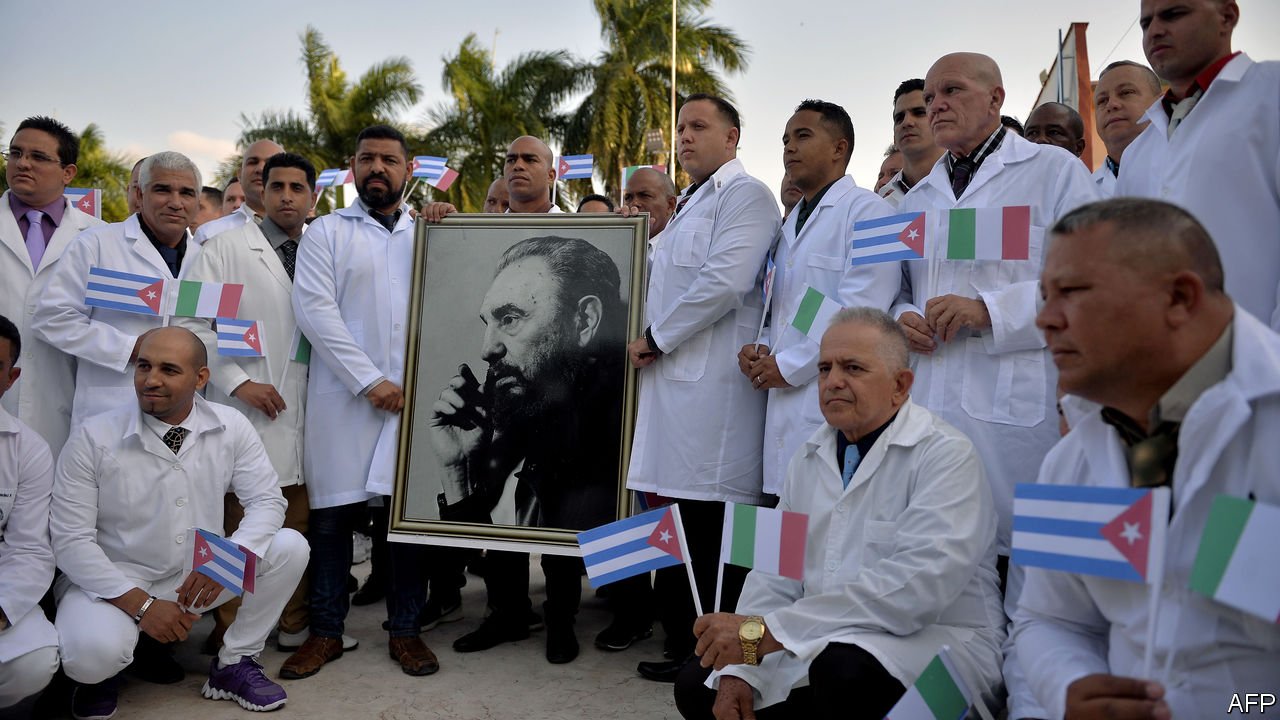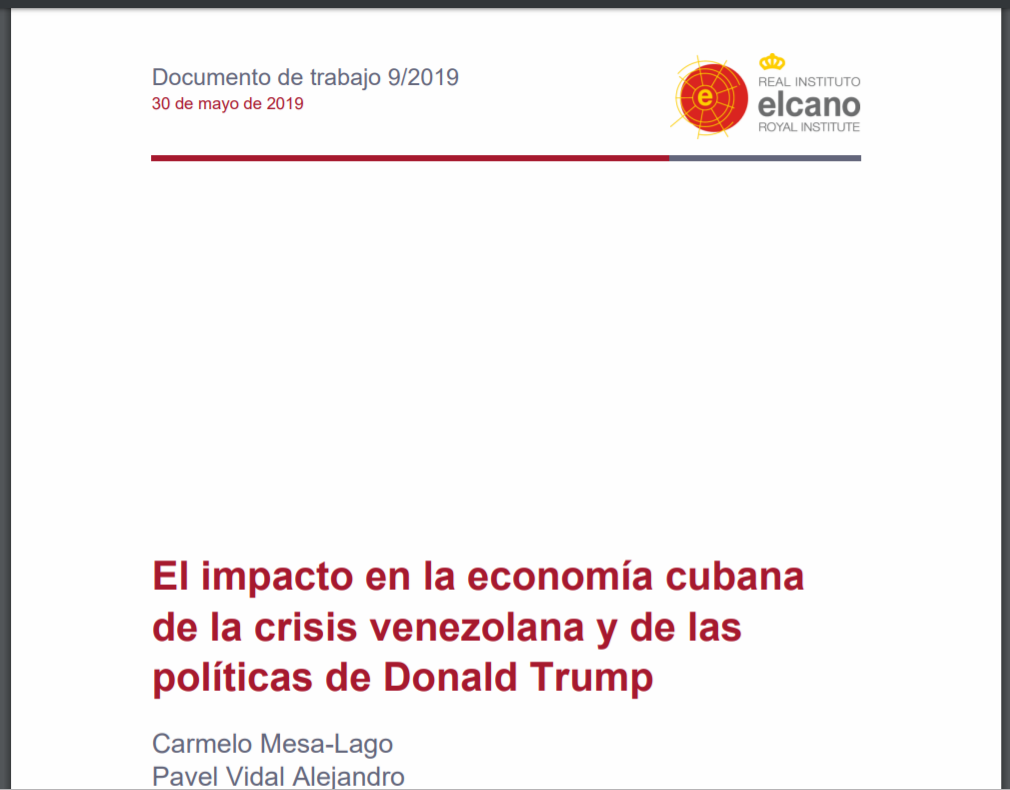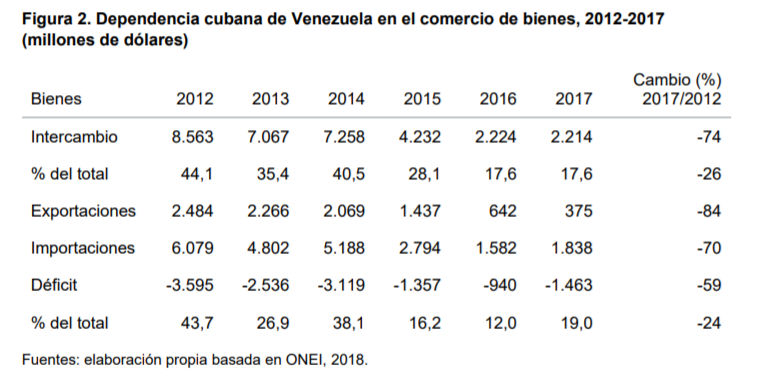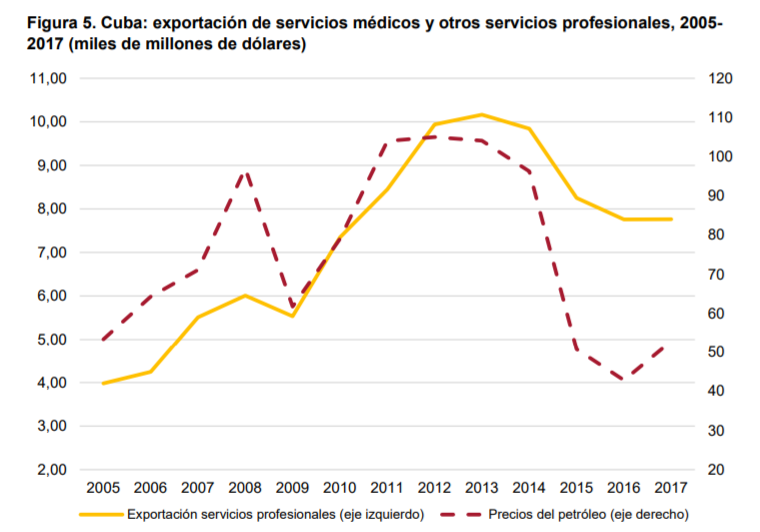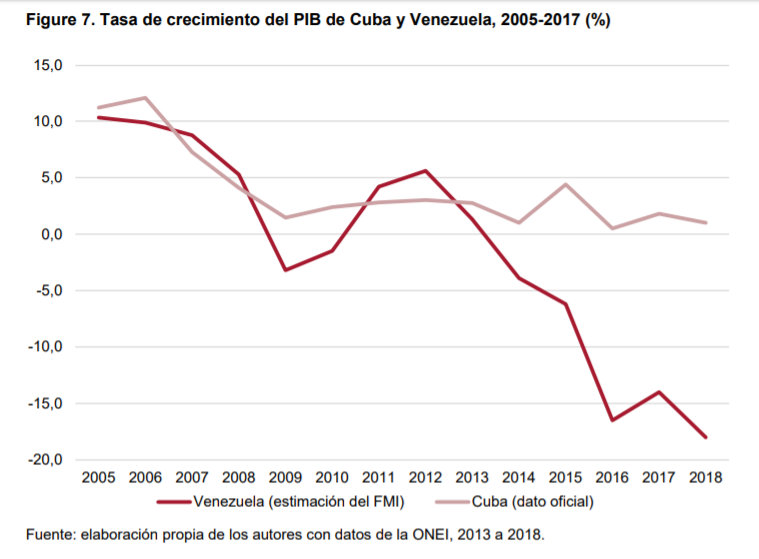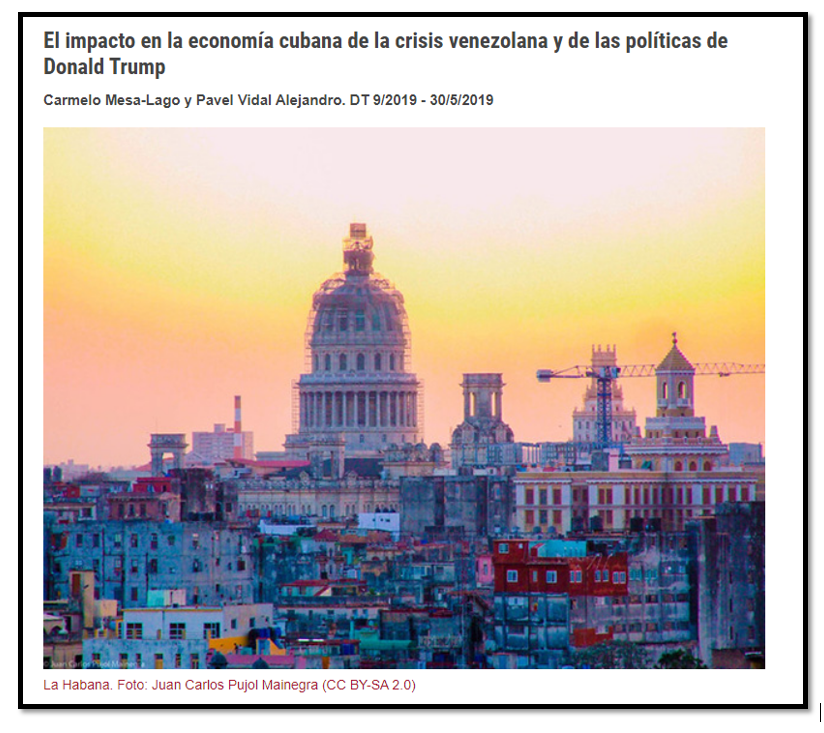May 17, 2022, Marc Frank in Havana

Russia’s war in Ukraine has created fresh problems for its Caribbean ally Cuba, already shaken by street protests and facing severe financial stress amid tighter US sanctions and a pandemic-induced collapse in tourism.
Cubans have contended with chronic shortages of food, medicine and other basic goods for more than two years, owing to the country’s heavy dependency on imports and lack of dollars to pay. Now, there are fuel shortages, more blackouts and less public transport as the island’s communist government battles to secure costly petrol and diesel supplies.
“It’s the war. We’re already screwed and now it will only get worse,” said Antonio Fernández as he waited at a petrol station in the Playa area of Havana, the capital, to fill up his battered Chevrolet, which doubles as a taxi.
Russia was originally supposed to be guest of honour at this month’s international tourism fair in the beach resort of Varadero until the closing of western air space to punish Moscow over its invasion made flights to Cuba prohibitively expensive. Thousands of Russian tourist bookings were lost. Tourism minister Juan Carlos García Granda said Cuba was working with Russian operators to see what could be done. “We want to rescue that market, which was the main provider during the pandemic,” he said this week.
Tourism is a mainstay of Cuba’s economy, but just 575,000 visitors arrived in 2021, compared with more than 4mn before coronavirus struck. A quarter of last year’s arrivals were from Russia. Cuba had hoped for 2.5mn tourists this year but the loss of its biggest market makes that a tall order. Russian tourists queue at Juan Gualberto Gomez airport in Varadero. Tourism is a linchpin of Cuba’s economy but visitor numbers have slumped © Yamil Lage/AFP via Getty Images
The worsening situation has fuelled an immigration crisis at the US-Mexico border, with about 100,000 Cubans crossing since October last year. That number is already greater than the number that fled in 1994, the last surge of Cuban migration, and is approaching the 1981 peak. The US has accused Havana of using migration as a safety valve to limit discontent in Cuba.
On the island, many foreign suppliers and investment partners are demanding cash on delivery having not been paid for months. Imports are down 40 per cent since 2019. The director of one Cuban company said his business was “already suffering from cuts in our monthly electricity allocation and last month our diesel was reduced to almost nothing”.
The Ukraine war threatens to torpedo any recovery in Cuba following a 9 per cent fall in gross domestic product in 2020-21. The country suffers triple-digit inflation, caused in part by a devaluation of the peso and demand for scarce goods. Even after the devaluation, the dollar still fetches four times the official rate on the black market.
Various western businessmen say payment problems in Cuba have worsened since the Ukraine invasion as the government struggles with high commodity and shipping costs. Some European traders were being paid via a Russian bank, said one trader, adding that this had now stopped.
“Ministries are going to all joint ventures asking what the minimum is they need to stay open,” said one foreign investor, adding that his Cuban partner had contributed nothing for months.
Economy minister Alejandro Gil admitted recent events were “greatly affecting economic activities”, citing high fuel prices as an example.
Pavel Vidal, a former Cuban central bank economist now at Colombia’s Pontificia Universidad Javeriana Cali, said sanctions against Moscow were weakening Russia’s ability to support Havana and would “add more problems to a balance of payments that has been in crisis for several years”.
Moscow has sent several cargoes of food and humanitarian aid this year and did so in 2021, although trade and investment remain only a fraction of the levels in Soviet times. Russian president Vladimir Putin and his Cuban counterpart Miguel Díaz-Canel agreed during a phone call in January to deepen “strategic co-operation”, but past promises of Russian investment on the island have been slow to materialise.
The Ukraine war has been diplomatically awkward for Cuba, with its government blaming the conflict on the US and Nato while also calling for the respect of international borders. Paul Hare, former UK ambassador to Havana, said Cuba, like other Russia- aligned countries, had been embarrassed by the invasion, noting how the island’s government had wanted to deepen relations with the EU. “That perhaps explains why Cuba didn’t vote against the UN General Assembly on March 2 condemning the Russian invasion but abstained,” he added.
Hare, now a senior lecturer at Boston University’s Pardee School of Global Studies, said the war had forced Cuba to pick the wrong side in what the EU considered a strategic threat. Relations with Brussels were already strained because of the draconian prison sentences imposed on hundreds of participants in last year’s anti-government protests. “Cuba will be seen as complicit in Putin’s attempt to redraw the map of Europe and upend the world order,” he said.
Hal Klepak, a Canadian military historian who has written two books on Cuba, said the island’s armed forces remained heavily dependent on old Soviet equipment and Russian support. The first had been discredited in the Ukraine war and the second was now in doubt because of the invasion’s cost.
Despite the problems, political change in Cuba 63 years after the revolution that brought the Castro brothers to power seems unlikely. “Emigration serves as a safety valve for discontent,” said Bert Hoffman, a Cuba expert at the German Institute of Global and Area Studies. “As long as there are no signs of major elite splits then regime continuity is the most likely scenario.”


